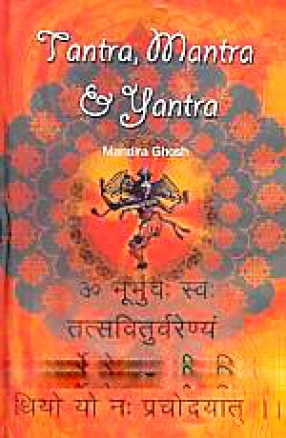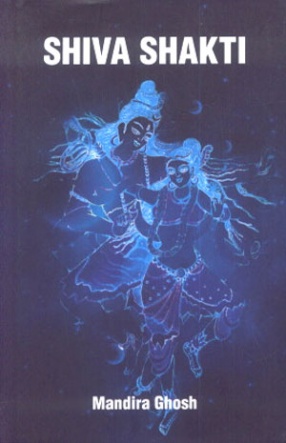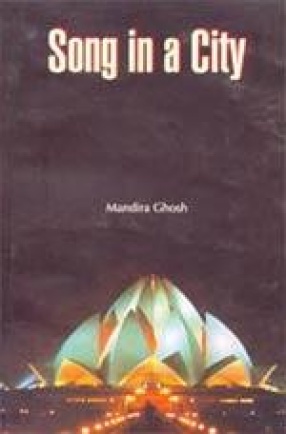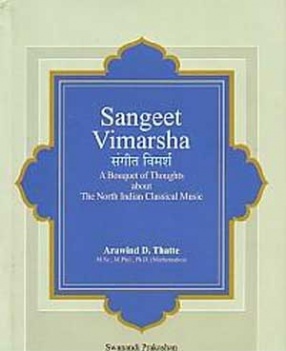Folk Music of the Himalayas is a comprehensive book on the music of the Himalayas. Music transcends all barriers and thus it will not be very difficult for any one to appreciate the most unfamiliar sounds and tones from a more unfamiliar world. At one side of the mighty Himalays, the Kashmiri women ignoring the sound of guns across the border still sing in the fields, on the other side the Tibetans preserve their age old faith and tradition ignoring threat and oppression. Still for both the, Himalayas spread tranquility and both inherit the mountains and its music. The book is a document of hopes, aspirations, misery and economic plight of the Himalayan people. Folk-music of the Himalays impresses the mind. Just as a white sheet can be tinged with many shades exactly in the same manner the music of rustics tinge hues to the melancholic mind of men and women and this book is indeed a record of that dying music. Modern music is more noise and it is indeed an uphill task to record the melodies of the simple people. Still there is a need to preserve the music accompanied by the eco-friendly folk instruments against the sound of Jazz and band. The author believes that all men and women of the mighty Himalayas must be credited to keep the music alive and eternal.
ABOUT THE AUTHOR Mandira Ghosh
Mandira Ghosh was born in Calcutta and brought up in New Delhi. A Life member of the Poetry Society (India) and a distinguished member of the International Society of Poets, Mandira has published two volumes of verses, Aroma and Mew Sun. The books have been well received in poetry circles and acclaimed by the scientists, scholars, writers and editors. This is her first novel. She is a graduate in Mathematics from Delhi University and a Postgraduate in English Literature. She is a B. Ed. and has obtained a Diploma in Journalism from Bharatiya Vidya Bhawan, New Delhi. Her poems have been published in “Women Poets of India†edited by the renowned writer and poet Vijaya Goel, The Journal of the Poetry Society of India, World to World, Mirror, fourteen anthologies published by the national Library of Poetry and other journals. She has received the Editor’s Choice Award in 1993 by the National Library of Poetry, Maryland, US and in July 2001 by the International Library of Poetry, US. She elected into the International Poetry Hall of Fame in 1997. He poem “Next Millennium†has been published in ‘America at the Millennium’ that features the best Poets and Poems of the Twentieth Century. The International Society of Poets and Poems of the Twentieth century. The International Society of Poets invited her to take part in their conventions and symposiums six times. They have published sixteen of her poems and some of them are on poetry. Through her work Mandira Ghosh has tried to reach a point where science meets literature and other branches of the Humanities. She had switched from Mathematics to literature as lines of famous poets T.S. Eliot and P.B. Shelley spread balm to her troubled soul. For her final answer she looked towards the immortal verses in the Upanishads. The protagonist Nandini of this book, finds her icon in Maitreyi of the Upanishads and not in Sita or Sati. She finally says, quoting Robert Frost, “You have to believe me because I am a bard.â€







There are no reviews yet.